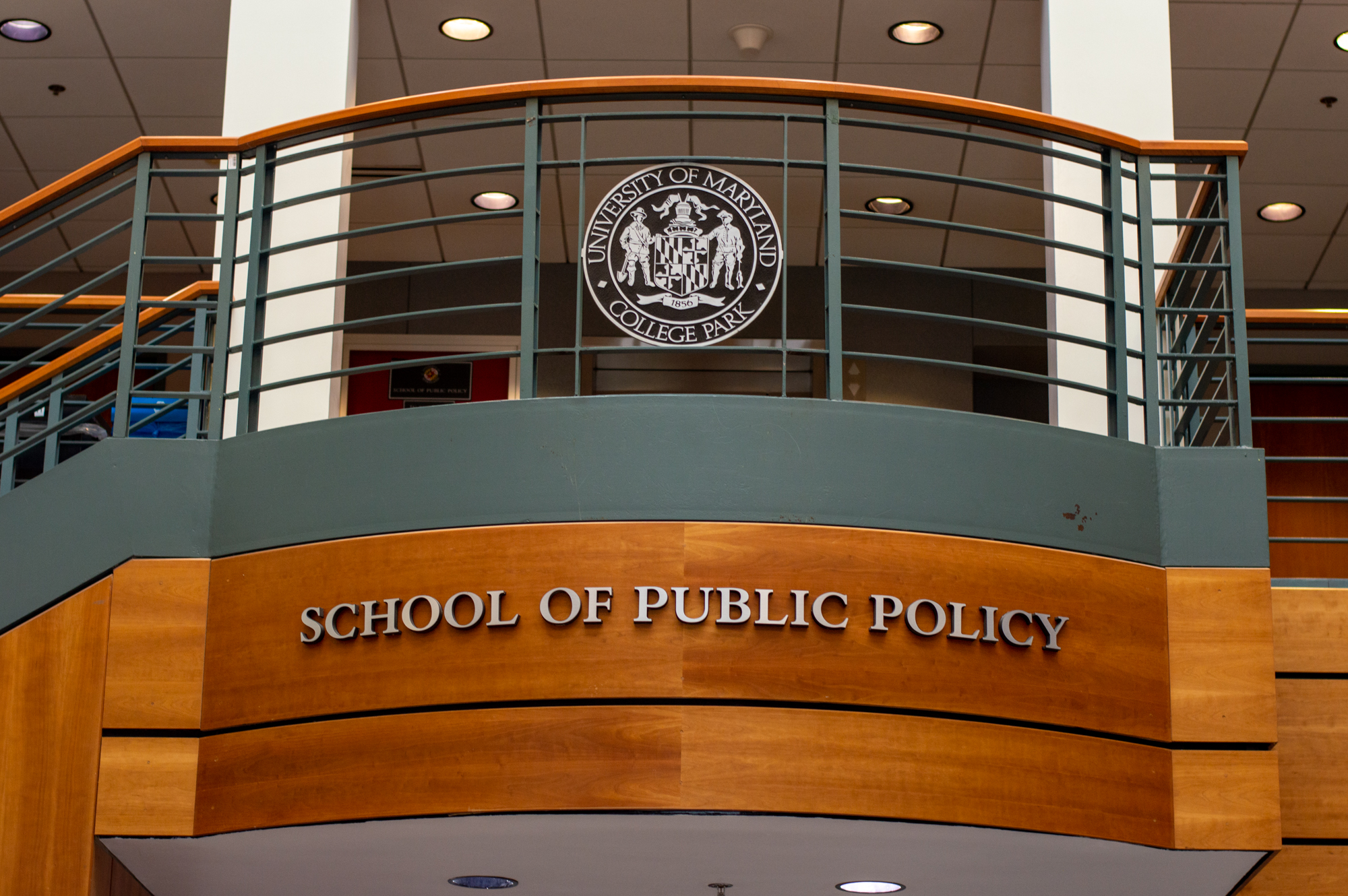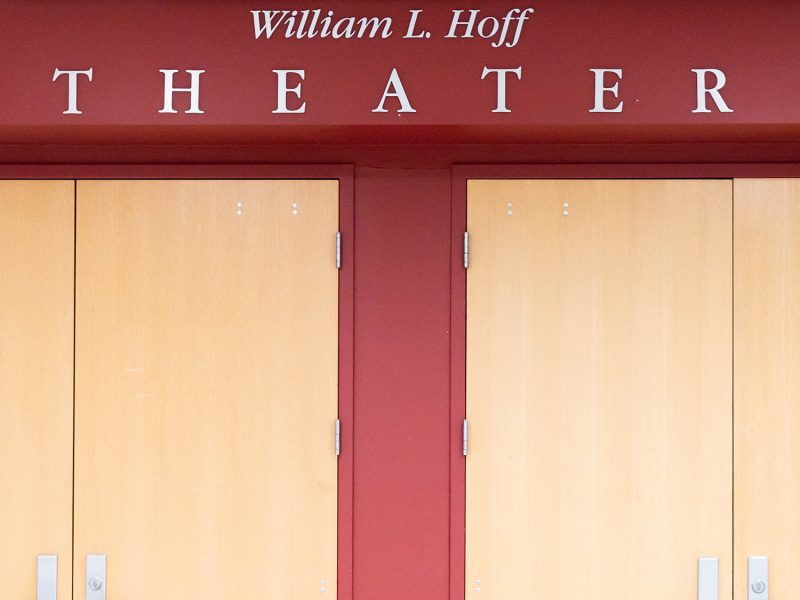Views expressed in opinion columns are the author’s own.
Most students know they need to have at least one internship under their belt to best prepare themselves for life after college. They’re sure to be all the more frustrated when they find out that roughly 60 percent of internships are unpaid, which often places a significant financial burden on students who cannot afford to work for free.
On top of this, some programs at the University of Maryland, such as the journalism college, require their undergraduate students to complete an internship before graduation. This university’s public policy school is a particularly bad actor in the unpaid internship world, as students are required to complete a semester of unpaid labor for one of several organizations in order to graduate. This puts an even heavier burden on already-struggling students.
The public policy school and other departments should not have such onerous internship requirements in a period of financial and academic hardship — and they should reevaluate whether they’re truly doing enough to support students.
PLCY400: Senior Capstone is a required course for all public policy seniors, and it requires students to choose and work without pay for a preapproved organization. These organizations are referred to as “clients,” despite the fact that students are performing free labor for them and receive no organizational recognition for their efforts.
The supervision of students is loose, and the involvement of “client” organizations varies. This casts some murkiness over the purported benefits of the course in helping students gain hands-on experience and connections, and leads to the question of whether the relationship between students and the client organization they consult for is purely extractive.
As always, requirements such as this one are defended by claims that they provide opportunities for students to gain practical, real-world experience and connections in the field they wish to enter. There are success stories for graduates of this university’s public policy school who benefited from their capstone project, and students who complete internships overall do have a small edge in job access. But, is the chance of possibly gaining a minimal advantage in one’s future career worth the costs sunk into an unpaid internship? After all, students who complete paid internships are actually 34 percent more likely to land at least one job offer than their unpaid counterparts.
Furthermore, on a basic level, experience alone does not pay the bills. A whopping 70 percent of college students graduate with debt. On top of this, a Scholarship America survey found that 77 percent of college students said the pandemic has decreased their ability to earn the income needed to pay for school.
If such a large portion of college students struggle to pay for school alone, especially in our current economy, then why are we forcing students to take on unpaid labor opportunities treated as some new type of entry-level job? While students can apply for grants to help with the costs of these unpaid opportunities, these grants are highly competitive and students shouldn’t have to rely on them to deserve basic recognition and compensation for their labor.
Requirements such as those in PLCY400 put more weight on the backs of already-burdened college students. A majority of undergraduate students who completed this university’s survey about the fall 2020 semester said they experienced difficulties with studying effectively, maintaining research productivity and coping with the effects of isolation. If students already struggle to complete work for their classes, then why are public policy students being forced to complete unpaid labor for outside organizations to graduate? Why are students in general still facing undue pressure from their programs to pursue largely unpaid work opportunities?
While the PLCY400 requirements are particularly bad, the issue of university departments pressuring undergraduate students to pursue (mostly) unpaid work opportunities goes beyond the public policy school. From the moment I entered college, professors and advisors have consistently marketed unpaid internships as a sort of golden ticket to post-grad success for which we must be willing to sacrifice fair compensation.
If a student has the means and desire to pursue an unpaid internship, they absolutely should be encouraged to do so. But these kinds of opportunities should neither be treated as the default nor as a crucial step to success — let alone toward graduation. After all, teaching students that their labor and knowledge has value goes hand-in-hand with connecting them with opportunities to succeed.
Although the struggle to find paid internship opportunities will persist for students in many majors at this university and beyond, departments such as the public policy school should avoid requiring unpaid labor from their students in order to graduate, especially in a time when many students are concerned with how they will manage and pay for school. Gaining valuable experience is certainly important, but it shouldn’t come at such a high price.
Caterina Ieronimo is a junior government and politics major. She can be reached at ieronimocaterina@gmail.com.



